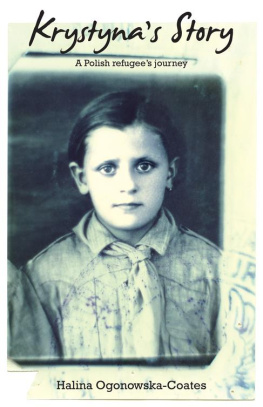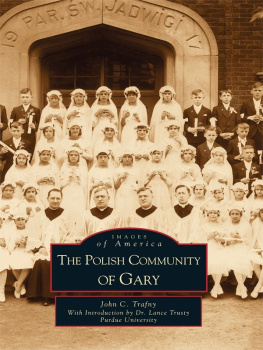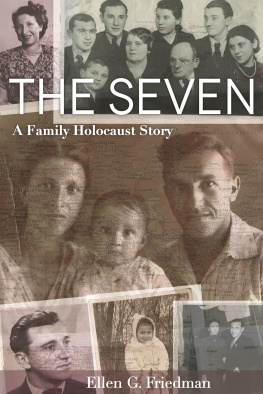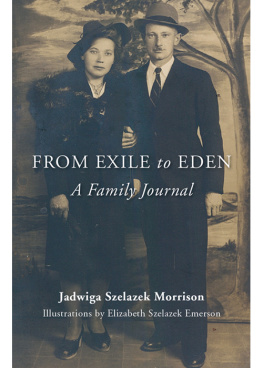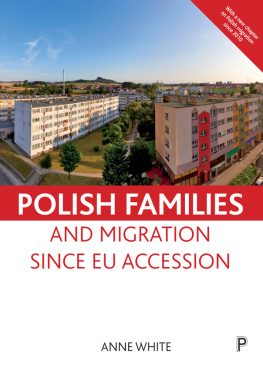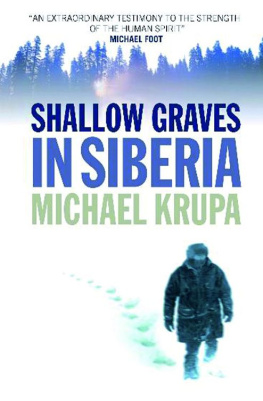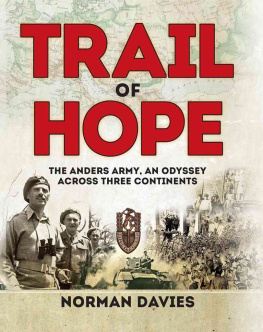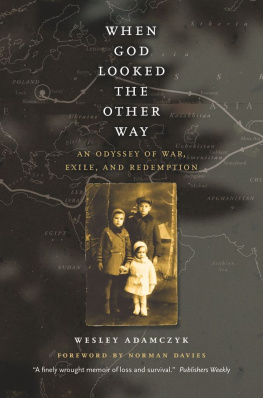I was born in Poland, beautiful Poland. I can remember so clearly the house where I was born, the wide front verandah and the huge windows looking out on to the fields, and the forest beyond. My childhood was short but there are little pockets of memory that remain so clearly. I remember my mother. Her face is etched firmly in my mind. I can see her lying there in the big four-poster bed, her blue eyes shining out from the starched pillows. I wish that she could smile to me now.
It was a happy childhood. I remember learning to walk in the warmth of the big kitchen, clinging to my mothers skirts as she worked. The smell of pierogi and barszcz was thick and heavy in the air. Mama was always stirring and tasting, or bending to look into the hot oven. I loved to stand at the big scrubbed wooden table beside my sister Marysia as she kneaded the dough for bread, sliced cabbages for sauerkraut and threaded onions ready to hang under the verandah roof to dry.
We were a farming family living just outside the town of Baranowiczie. The land was our livelihood and our wooden house sat solid and low among the fields like a babchia with her skirts spread. Behind the house were the stables, the woodshed, the pigsty and a byre for the cows. I loved to play in the orchard, climbing the apple trees or just lying in the shade listening to the birds and whispering the names of the people in my family, Mama, Marysia, Feliks and Tata, whispering them over and over like a magic incantation. I loved Mama but Tata was my hero. I knew every curve of his face underneath that bushy beard which tickled my nose whenever he kissed me. Every evening I waited by the stables for Tata to come in from the fields. I was so eager to see him, impatient to feel those strong arms throw me up, flying high in the air, one two three four times until Mama called to him to put me down.
Winter was my favourite time of the year. Outside it snowed and snowed, soft white layers that piled huge blankets on the ground, up to the windows and then higher until all you could see was the roof of our house. Inside, the fire was glowing night and day. Tata dug a corridor through the snow to get to the road. I remember standing just outside the door, bundled up in shawls and watching him digging and throwing the shovelfuls of snow up over his shoulder and on to the pile above him. Our house seemed so warm and safe. I knew that no matter how much snow fell we would be protected from the cold weather. During the long winter afternoons Mama and Marysia took up their embroidery and sat by the stove. I sat on the floor beside them, running the brightly coloured embroidery threads through my fingers and making bright patterns on the floor. Mama and Marysia talked softly as they bent their heads over the white linen. Their hands seemed to work in unison as they picked out the tiny stitches. Mama smiled at my tangle of threads on the floor. She put down her needle and tugged at my plaits.
Come and sit beside me, Kryska, she said. Watch carefully and I will teach you how to sew.
But I was too young and impatient. I didnt like using the sharp needle that pricked my thumbs and made long ragged stitches which were so unlike the neat tidy rows that Mama and Marysia made. Marysia tried to guide my hand but I still couldnt do it. I just wanted to sit there in the warm glow of the stove playing imaginary games.
The days and weeks of our lives had a simple regularity.
Things changed slowly with the movement of the seasons. We watched for the storks in spring and helped with the harvest in autumn. Years were marked with name days, weddings and feast days. I felt the ebb and flow of life and knew my place within it.
Then suddenly everything changed. It happened without warning and dragged us along with it. I remember the date. September the first, 1939.

